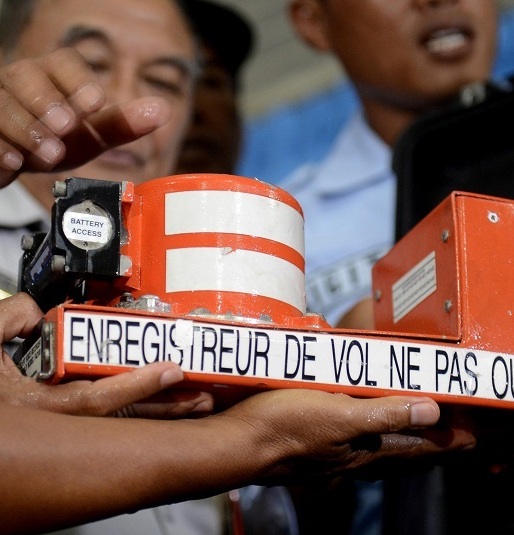No evidence so far of terrorism in AirAsia crash, says Indonesia
Indonesian investigators said on Monday they had found no evidence so far that terrorism played a part in the crash of an AirAsia passenger jet last month that killed all 162 people on board. Andreas Hananto told Reuters that his team of 10 investigators at the National Transportation Safety Committee (NTSC) had found “no threats” in the cockpit voice recordings to indicate foul play during AirAsia Flight QZ8501. The Airbus A320-200 vanished from radar screens on Dec. 28, less than halfway into a two-hour flight from Indonesia’s second-biggest city of Surabaya to Singapore. There were no survivors.
We didn’t hear any voice of other persons other than the pilots. We didn’t hear any sounds of gunfire or explosions. For the time being, based on that, we can eliminate the possibility of terrorism.
Investigator Nurcahyo Utomo
Utomo said that investigators could hear “almost everything” on the recording contained in one of the flight’s two “black boxes.” The other is the flight data recorder, and both have been recovered from the wreckage at the bottom of the Java Sea. He declined to give details about what was said during the doomed flight’s final moments, citing Indonesian law. Indonesian authorities have said that bad weather was likely to have played a part in the disaster. According to Hananto, evidence also showed that an explosion was unlikely before the plane crashed, disputing a theory suggested by an official from the National Search and Rescue Agency last week. Investigators hope to finish a preliminary report on the crash early next week. The full report could take up to a year, but will not include the entire cockpit voice transcript.

Asia-Pacific airasia